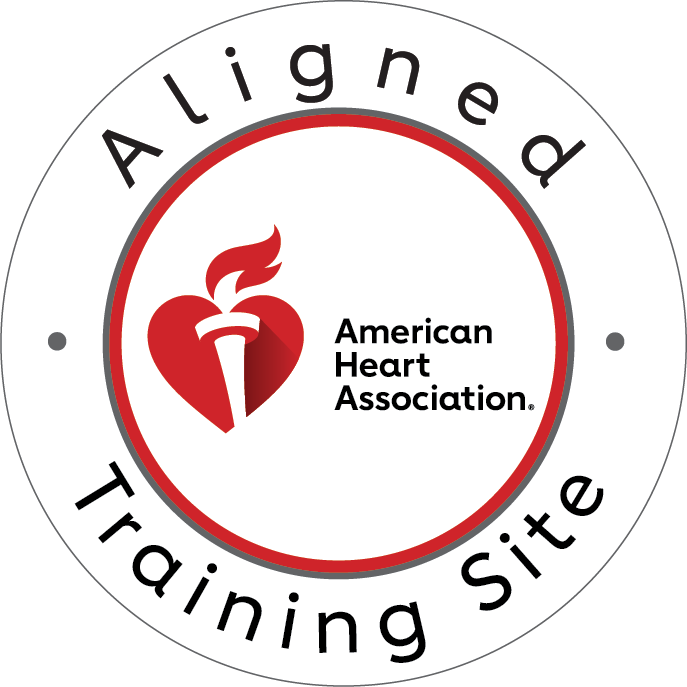The Critical Minutes That Define Survival
Every medical provider knows the golden rule: Time is muscle. When cardiac arrest strikes, each passing minute without intervention decreases survival chances by 7-10%. As healthcare professionals, we’re on the front lines of this battle against time. But are we fully prepared for when those critical moments arrive?
Understanding the Evolution of Cardiac Care
The landscape of cardiac emergency response has transformed dramatically over the past decade. With new research emerging regularly, staying current isn’t just about maintaining certification—it’s about mastering the latest evidence-based techniques that could make the difference between life and death.
Recent Advances in Cardiac Emergency Response
- Updated compression techniques focusing on depth and recoil
- Modified ventilation protocols for various patient scenarios
- Integration of new pharmacological interventions
- Enhanced post-resuscitation care strategies
Risk Factors: The Silent Predictors
Traditional Risk Factors
The conventional risk factors we’ve long recognized continue to play a crucial role in cardiac events:
- Hypertension
- Diabetes
- Smoking
- Family history
- Obesity
However, recent studies have unveiled a new understanding of how these factors interact and compound risk levels.
Emerging Risk Factors
Modern research has identified several previously underappreciated risk factors:
- Sleep apnea and its correlation with sudden cardiac death
- Stress-induced cardiomyopathy
- Environmental factors and their cardiac impact
- Genetic markers indicating increased risk
Early Recognition: The Key to Prevention
Warning Signs That Demand Attention
Understanding subtle indicators can lead to early intervention:
- Atypical chest pain patterns
- Non-traditional symptom presentation in women
- Early markers of heart failure
- Silent ischemia indicators
The Role of Prevention
Preventive strategies have evolved significantly:
- Risk stratification protocols
- Lifestyle modification programs
- Medication adherence strategies
- Regular screening protocols
Professional Training: Staying Ahead of the Curve
Why Continuous Education Matters
The field of cardiac care is constantly evolving:
- New research findings change protocols
- Technology advances create new possibilities
- Patient populations become more complex
- Treatment algorithms continue to evolve
The Impact of Quality Training
Research shows that healthcare providers who maintain current certification and regular practice:
- Respond faster in emergencies
- Show better outcomes in crisis situations
- Demonstrate improved team coordination
- Experience less stress during actual events
Advanced Cardiac Life Support: Beyond Basic CPR
The Evolution of ACLS
Modern ACLS encompasses more than just traditional protocols:
- Integration with electronic health records
- Team-based response coordination
- Advanced monitoring techniques
- Complex pharmacological interventions
Team Dynamics in Crisis Response
Effective cardiac response requires:
- Clear communication protocols
- Defined team roles
- Regular simulation practice
- Debrief and improvement processes
Evidence-Based Outcomes
The Numbers Tell the Story
Recent studies demonstrate the impact of quality training:
- 40% improvement in survival rates with trained responders
- 50% reduction in response time
- 60% better patient outcomes with regular team practice
- 30% decrease in complications during resuscitation
Real-World Impact
Healthcare facilities with comprehensively trained staff show:
- Higher survival rates
- Reduced complications
- Better team coordination
- Improved patient satisfaction
Maintaining Professional Excellence
The Importance of Regular Updates
Staying current requires:
- Regular certification renewal
- Hands-on practice sessions
- Team-based training scenarios
- Understanding of new protocols
Building Confidence Through Practice
Quality training provides:
- Realistic simulation scenarios
- Immediate feedback
- Team coordination practice
- Stress-free learning environment
Take Action: Excellence in CPR Training
Don’t let your skills become outdated. CPR Cincinnati offers comprehensive American Heart Association certification courses designed specifically for healthcare providers. Our stress-free, hands-on classes ensure you’re prepared for any cardiac emergency.
Available Certifications:
- BLS for Healthcare Providers
- Advanced Cardiac Life Support (ACLS)
- Pediatric Advanced Life Support (PALS)
- First Aid and CPR
Why Choose CPR Cincinnati?
- American Heart Association-certified training site
- Stress-free learning environment
- Hands-on practice with expert instructors
- Flexible scheduling options
- Initial and renewal certifications are available
Call to Action
Maintain your professional excellence with CPR classes in Cincinnati. Register today for your next certification or renewal course at CPR Cincinnati. Our American Heart Association certified training ensures you’re prepared for any cardiac emergency.
Schedule your training now:
- Visit: https://acls-bls-cincinnati.com
- Call: [513-828-3488]
- Email: [[email protected]]
Don’t wait until your certification expires. Join the leading healthcare providers who trust CPR Cincinnati for their life-saving certification needs. Best CPR training in Cincinnati – guaranteed!





